A team of American and Chinese researchers is conducting a "peace seed" project to promote balanced agricultural trade between the two countries.
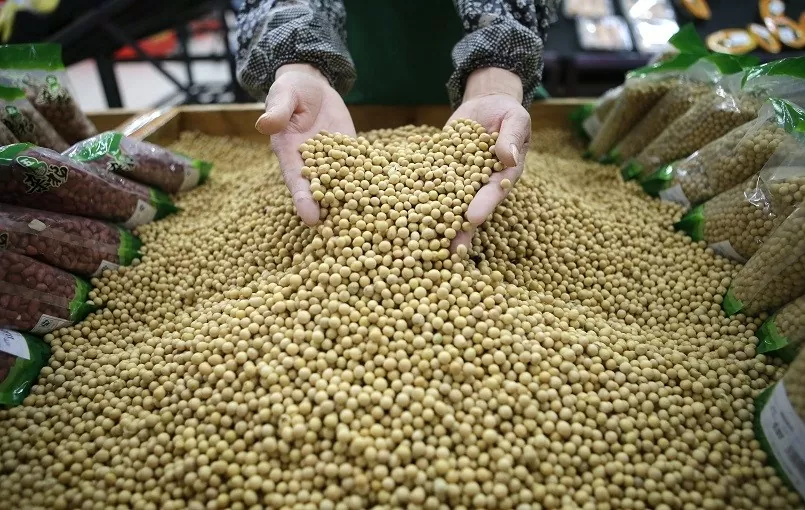 |
| The ' Peace Seeds' project aims to improve the US-China agricultural supply chain. (Source: Reuters) |
As US President-elect Donald Trump picks tariff expert Robert Lightizer to return to the post of US Trade Representative, analysts have highlighted the need for supply chain diplomacy to achieve a balanced solution to US-China trade.
The idea of “peace seeds”
“Peace Seeds” is a project of a research team from Zhejiang University (China) and the George H.W. Bush Foundation for US-China Relations based in Houston, Texas (USA).
The project is looking to improve agricultural supply chains, such as producing soybeans in Arkansas for export to tofu producers in Yunnan province, China, and vice versa, bringing coffee beans grown in Yunnan to coffee producers in Arkansas.
The research team plans to send a letter outlining the “peace seed” project to Mr. Trump and Chinese President Xi Jinping with the goal of fostering long-term cooperation between the world’s two leading economies.
In discussing the idea, John Kent, a senior fellow at the George H.W. Bush Foundation for US-China Relations, pointed to the benefits associated with trade, such as lower inflation and higher prices. He cited “peace seeds” as an example of two-way trade that resulted from supply chain diplomacy efforts.
“This is an East-West balancing solution and is one of the most fundamental goals of using transport,” said Mr. John Kent.
Specifically, supply chain balancing (such as through trade from Arkansas to Yunnan and vice versa) is the use of the same medium to carry out two-way exchange of agricultural goods to save on tariff costs. This project is an easy-to-understand example of a supply chain that helps visualize the inflation problem when the trade war is using tariffs.
The research team will send letters to Mr. Marco Rubio - the candidate for US Secretary of State, billionaire Elon Musk - who was appointed by Mr. Trump to the position of head of the Department of Government Efficiency (DOGE) and Chinese Foreign Minister Wang Yi.
In addition to outlining the “seeds of peace” project, the letter also mentioned the global supply chain diplomacy initiative, an initiative that is ready for the US government to implement immediately, after consulting with more than 50 individuals from industry and academia.
Expectations of successful cooperation
Experts from the US and China shared the project idea with Kunming University of Science and Technology (China) in June 2024 and met with local government representatives in September. Currently, Arkansas farmers and tofu producers in Yunnan are waiting for trial shipments of soybeans.
In September, the working group, which was established in 2022, traveled to Yunnan, visited a coffee plantation in Pu’er and met with processors in Kunming. Business connections between Chinese parties and U.S. coffee roasters and producers are now underway.
Associate Professor Ni Hao of Zhejiang University hopes that US-China cooperation will be expanded not only in trade, agriculture, culture and education exchanges, but also in areas such as climate change and artificial intelligence.
During his election campaign, Mr. Trump announced that he would impose a tariff of at least 60% on all products imported from China. Meanwhile, data from China Customs shows that agricultural trade between the two countries fell 9.3% compared to the same period last year, to $29.35 million in the first nine months of this year.
Professor Zhou Weihua of the School of Management at Zhejiang University said that there is an imbalance between supply and demand in the agricultural markets of both countries, leading to price fluctuations in agricultural products such as soybeans.
“The supply side, that is, American farmers, have difficulty grasping the changing demand patterns of the Chinese market. And the demand side, that is, Chinese companies, also struggle to promptly understand the production situation of American farmers,” the professor analyzed.
Amid the uncertainty over US-China relations caused by the series of import tariffs proposed by Mr. Trump, American partners attending the China International Import Expo in early November still believe that agriculture is an important sector for both countries, and some even believe that this will be a successful area of cooperation.
Expert John Kent suggests that the best solution is to maintain a cooperative dialogue, not short-lived “tit-for-tat” meetings that end in new sanctions, and that tariffs should be set at the product-specific level rather than across the board.
Source: https://baoquocte.vn/hat-hoa-binh-geo-mam-ngoai-giao-nong-san-my-trung-294310.html



![[Photo] General Secretary To Lam receives First Deputy Secretary General of the African National Congress (ANC) of South Africa](https://vphoto.vietnam.vn/thumb/1200x675/vietnam/resource/IMAGE/2025/5/20/bb2999907e1245d5b4c7310a890d8201)
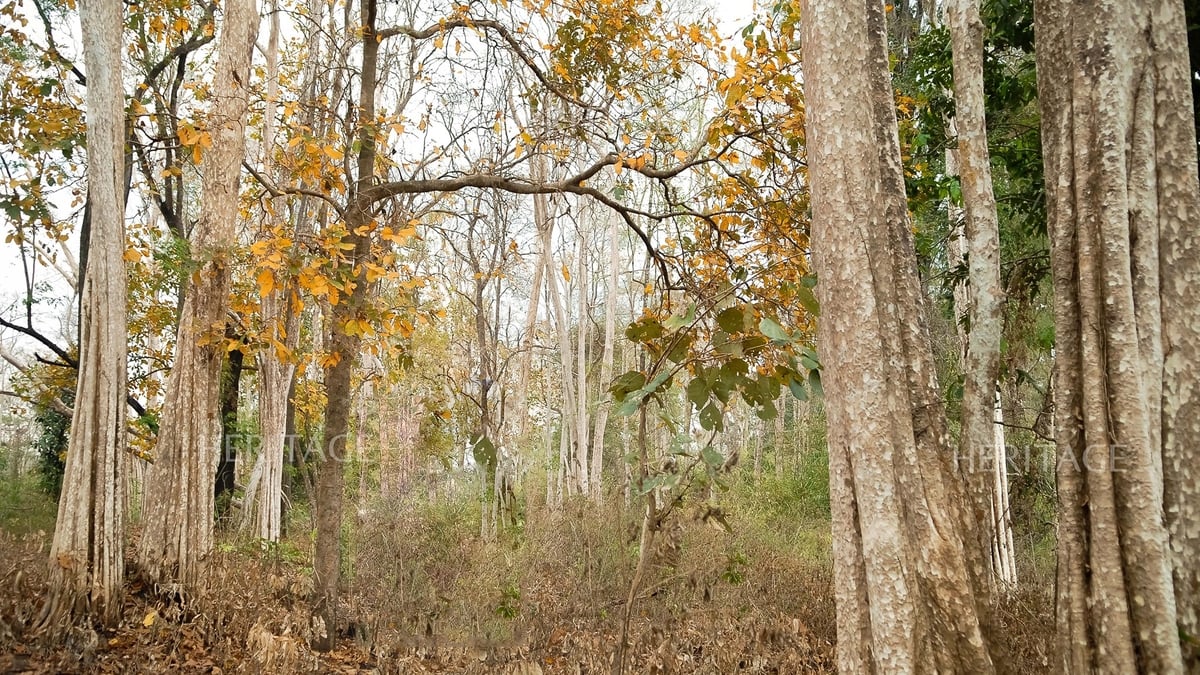





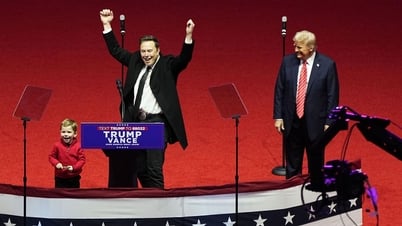


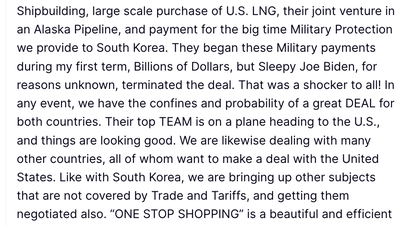


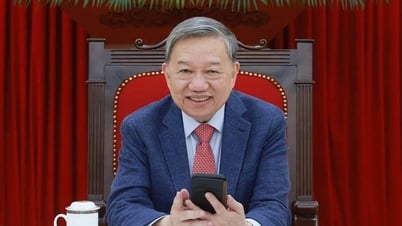
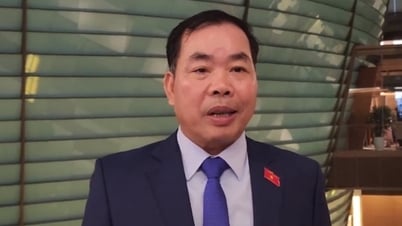


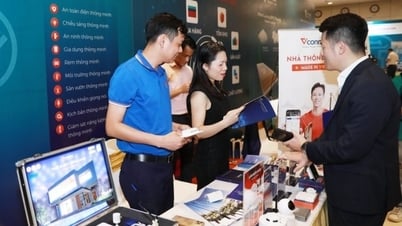
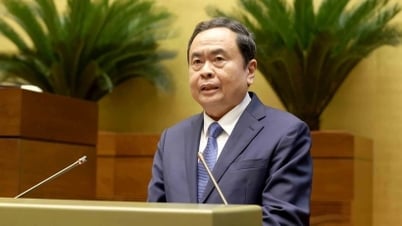
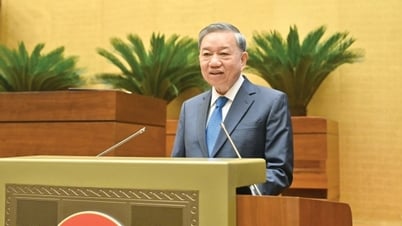
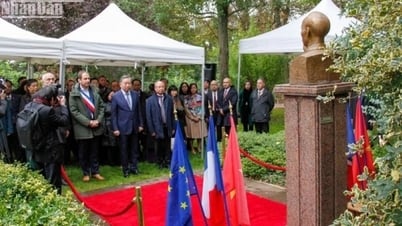








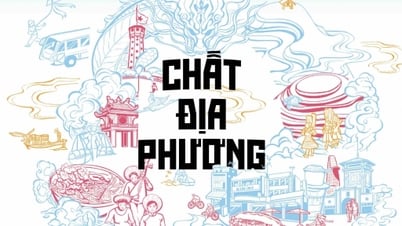
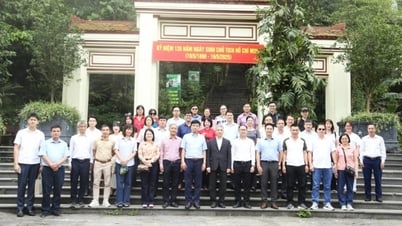
![[Photo] Award ceremony for works on studying and following President Ho Chi Minh](https://vphoto.vietnam.vn/thumb/1200x675/vietnam/resource/IMAGE/2025/5/20/a08ce9374fa544c292cca22d4424e6c0)
![[Photo] Vietnamese shipbuilding with the aspiration to reach out to the ocean](https://vphoto.vietnam.vn/thumb/1200x675/vietnam/resource/IMAGE/2025/5/20/24ecf0ba837b4c2a8b73853b45e40aa7)






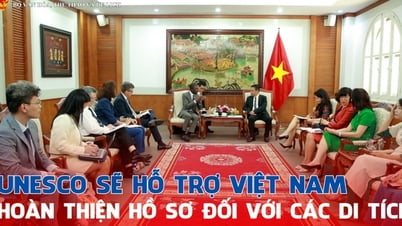

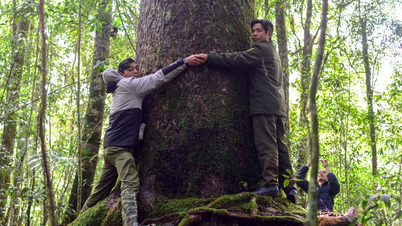

















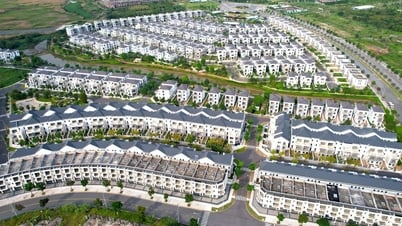


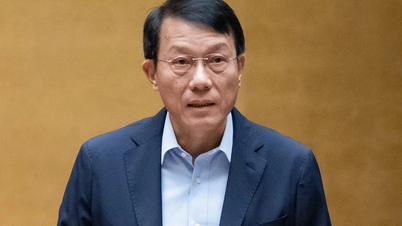




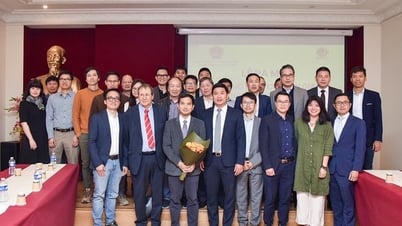

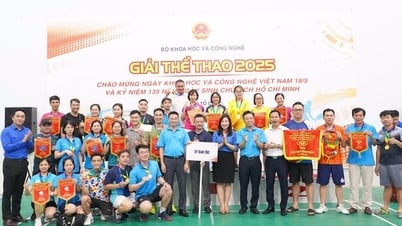


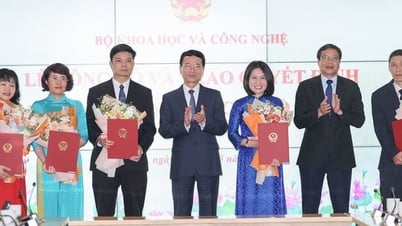
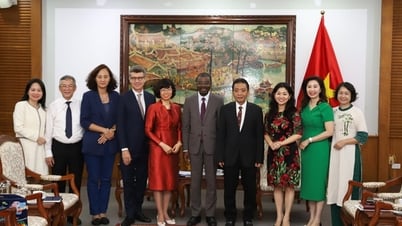






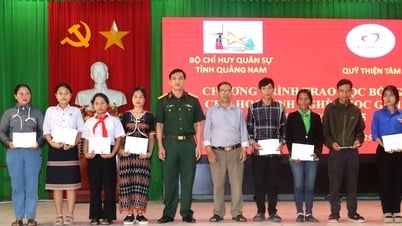













![[VIDEO] - Enhancing the value of Quang Nam OCOP products through trade connections](https://vphoto.vietnam.vn/thumb/402x226/vietnam/resource/IMAGE/2025/5/17/5be5b5fff1f14914986fad159097a677)
Comment (0)